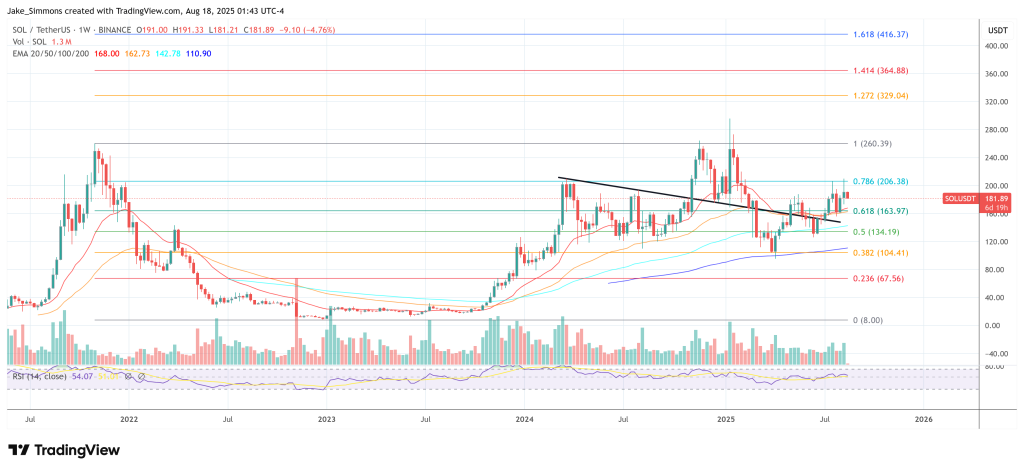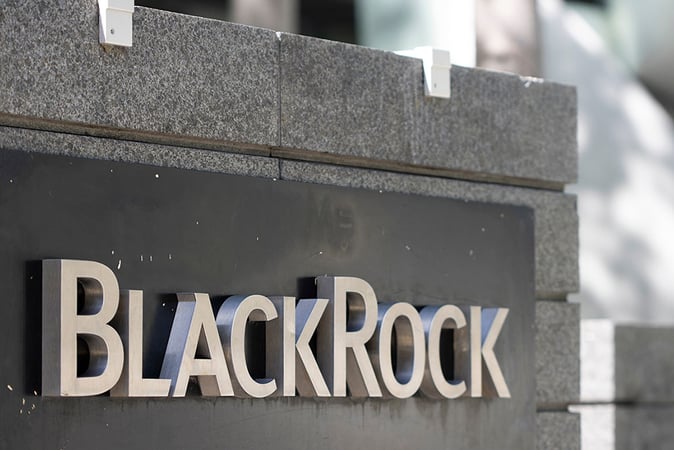
Solana core developers have pushed a sweeping consensus overhaul, “Alpenglow” (SIMD-0326), into the ecosystem’s formal governance track, setting up a validator vote that, if approved, would replace TowerBFT and re-architect finality and validator incentives on mainnet-beta. The proposal’s authors—Quentin Kniep, Kobi Sliwinski, and Roger Wattenhofer—describe Alpenglow as “a major overhaul of Solana’s core consensus protocol,” designed to supplant “the existing Proof-of-History and TowerBFT mechanisms” with a design that targets block finalization “as low as 100–150 milliseconds.”
Voting Process For Solana ‘Alpenglow’ Starts
The governance post lays out a three-phase timeline: discussion through epochs 833–838, stake-weight capture in epoch 839, and a binding vote across epochs 840–842 using claimable vote tokens sent to “Yes,” “No,” or “Abstain” accounts. Passage hinges on a supermajority threshold: Yes must be at least two-thirds of Yes+No, with a 33% quorum that counts abstentions. As of today, Solana is in epoch 834, making the discussion window active and the vote window scheduled several epochs out.
At the heart of Alpenglow is Votor, a direct-vote, leader-pipelined finality protocol that shifts Solana away from on-chain vote transactions and heavy gossip toward off-chain vote exchange with local signature aggregation. Validators vote to notarize or skip blocks; leaders aggregate those votes eight slots later and submit compact proofs. The authors argue this design cuts latency dramatically and reduces bandwidth, while a “20+20” liveliness model aims to tolerate up to 20% adversarial and 20% unresponsive validators without halting progress. “Alpenglow… enables much lower latency, improved fault tolerance, and generally greater protocol efficiency,” the post asserts.
The upgrade also rewires validator economics. Because voting moves off-chain, the SIMD introduces a Validator Admission Ticket (VAT), a fixed per-epoch fee “initially set to 1.6 SOL per epoch,” burned to maintain an economic barrier roughly comparable to today’s on-chain vote-fee regime. Validators are “required to cast exactly one valid vote per slot”; conflicting votes are detectable, and persistent non-participation renders a validator ineligible for rewards and at risk of removal from the active set.
Leaders receive compensation equal to the per-slot vote rewards of the votes they aggregate, plus a flat bonus when they include fast-finalization/finalization certificates. In a follow-up thread post, Wattenhofer explains the 1.6 SOL figure as approximately 80% of current vote costs to ensure no operator is worse off at the “AlpenSwitch.”
If adopted, Alpenglow would make a visible semantic change at the client layer: the authors note that optimistic confirmation would be superseded by actual finality at sub-second timescales. The stated aim is to bring confirmation latencies in line with Web2 user expectations while tightening safety guarantees that were harder to formalize under TowerBFT. The proposal’s documentation points readers to a 50+ page white paper and independent analyses, but emphasizes that the initial rollout focuses on finalization and voting; a new data dissemination protocol, Rotor, would follow in a separate SIMD.
Governance mechanics for the vote mirror Solana’s prior advisory processes but with higher stakes. Vote tokens will be claimable via an adapted Merkle distributor; validators then send those tokens to the designated choice accounts during the epoch-bounded window. The foundation’s governance post states, “If the sum of Yes votes is equal to or greater than 2/3 of the total sum of Yes + No votes, the proposal will pass,” and “Abstain” contributes to quorum but not to the supermajority tally. Stake weights and a public tally script will be published for independent verification.
Community feedback has quickly homed in on operational risk and rollout discipline. One validator-oriented response urges the SIMD authors to embed “a testing, deployment and fallback plan” before a mainnet decision, likening the scope of change to other industry-scale protocol transitions. Others probe specifics around the VAT level, transaction expiry in a post-PoH world, leader equivocation handling, and effects on MEV auctions and client UX when slices of a block are ignored under certain failure modes. These threads underscore that while the performance headline—150 ms finality—is eye-catching, the vote will likely hinge on the comfort level with safety proofs, incentive edge-cases, and the migration path.
At press time, SOL traded at $181.89.

Featured image created with DALL.E, chart from TradingView.com

Editorial Process for bitcoinist is centered on delivering thoroughly researched, accurate, and unbiased content. We uphold strict sourcing standards, and each page undergoes diligent review by our team of top technology experts and seasoned editors. This process ensures the integrity, relevance, and value of our content for our readers.















